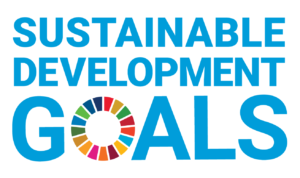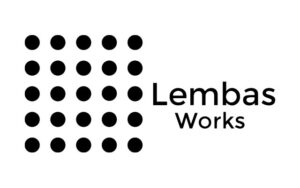Titled “From Principles to Practice: UNDA in Northern Realities,” this next proposed project will explore the implementation of the United Nations Declaration on the Rights of Indigenous Peoples (UNDRIP) through the lens of arts and storytelling. One goal is to develop and pilot a program that enhances community understanding of UNDRIP, promotes legal and rights literacy, and fosters a sense of empowerment among Northern communities.
We thought it would make for a submission the Justice Canada Indigenous Partnership Fund, for which the deadline was January 30, 2024. Here’s a bit of a description on what submitted as an expression of interest:
As an exploratory initiative, we will co-develop and pilot workshops, seminars, roundtables and relationship development. These activities will be used to communicate the principles and relevance of UNDRIP in everyday life, and will be expressed through storytelling, visual and mixed-media arts. Through structured workshops and targeted outreach initiatives, it will work to raise awareness and facilitate a deeper understanding of the implications of implementing the UN Declaration Act (UNDA). We want to find ways to engage community members in organizational capacity building, and to find ways to be more actively engaged in discussions and informed about the ongoing implementation processes.
This time around, we’re planning to look at using a lot of new technologies as part of our creative process, and in ways that we’ve never really tried before. For one, we’re going to build on some of our introductory learning about the use of large language models. We’ve really enjoyed toying with learning how they work, and building simple models. But we’ve seen that there’s a lot of potential to help small organizations, or those that struggle with capacity, to be able to measure and report on their work more effectively. That’s something we’ve always been interested in.
Machine learning tools offer remarkable capabilities for data analysis and pattern recognition, allowing us to extract valuable information from large datasets and uncover hidden correlations. In our efforts to promote economic development, cultural preservation, and community empowerment, these tools serve as invaluable assets, enabling us to make informed decisions and develop tailored strategies that resonate with the unique needs and aspirations of Northern regions.
It’s truly astonishing to reflect on how quickly the landscape of technology is evolving and becoming integrated into our daily lives. Just two years ago, when we first began exploring the potential of AI tools and technologies as part of our Canada Council for the Arts Digital Greenhouse incubator pilot project, their application seemed distant and abstract.
However, today, we find ourselves incorporating these tools into our work on a regular basis, harnessing their power to drive meaningful impact and innovation. This rapid evolution speaks volumes about the transformative potential of technology and its capacity to revolutionize the way we approach complex challenges and opportunities. We want to find a way to fuse more of this kind of learning, with the arts.
It makes me think of a comment made by the late Mark Kalluak many years ago: “Just think what the next generation will be able to do.”









